Are trusts putting NHS data at risk by ignoring need for BYOD policies?
NHS trusts don’t know what staff are using their devices for, reveals FoI request

Two-thirds of NHS trusts are risking data breaches because they lack a policy to manage their employees' personal devices, it is claimed.
Just over one third (34 per cent) of trusts have measures in place to govern what devices staff can bring into work, and what they can do with them, according to a Freedom of Information (FoI) request sent to 35 trusts.
Those without a BYOD policy have sacrificed visibility into what devices are accessing their networks, claimed virtualisation firm Citrix, which submitted the FoI.
More than half the trusts 18 out of 35 were unaware whether personal devices were being used for work purposes.
A Citrix statement read: "This lack of visibility means that NHS trusts could be vulnerable to data breaches if a personal device is being used without adequate protection.
"The ability for employees to securely access trust data on the device of their choice has the potential to improve productivity and potentially contribute to a reduction in IT overhead cost.
"However, the FoI results reveal that many NHS trusts are struggling to seize this opportunity, with the delay in uptake also potentially having a significant effect on ensuring security requirements are met."
Get the ITPro daily newsletter
Sign up today and you will receive a free copy of our Future Focus 2025 report - the leading guidance on AI, cybersecurity and other IT challenges as per 700+ senior executives
The news comes as the issue of data security in the NHS becomes a hotter and hotter topic, with the controversy of the patient data collection scheme, care.data, ongoing.
The initiative is meant to enable GP surgeries and hospitals to share patients' medical records, but has been criticised by data protection advocates.
Care.data was originally due to be rolled out in April 2014, but was delayed by six months due to a poor public consultation.
It's now being trialled in GP surgeries in Leeds North, West, South and East, Somerset, West Hampshire and Blackburn with Darwen.
But sceptics fear patient data will be sold to companies, despite assurances to the contrary, after millions of patients' information was sold off to private sector firms over the last decade, according to a report by the NHS information centre last June.
Tim Kelsey, national director for patients and information at NHS England, believes there is a moral right to collect patient data.
Speaking at a Big Data conference attended by IT Pro in January, he said: ""There are gaps so big, so dangerous, that they just have to be filled from a moral as well as a political perspective. We're going to be doing that this year.
"The NHS is not capable currently of telling you how many patients are treated for chemotherapy, for example. And certainly not capable of telling you that if they are treated, [then] what is their outcome."
IT Pro has approached NHS England for comment, but had not received a response at the time of publication.
-
 NHS supplier hit with £3m fine for security failings that led to attack
NHS supplier hit with £3m fine for security failings that led to attackNews Advanced Computer Software Group lacked MFA, comprehensive vulnerability scanning and proper patch management
By Emma Woollacott
-
 Cyber attack delayed cancer treatment at NHS hospital
Cyber attack delayed cancer treatment at NHS hospitalNews A cyber attack at Wirral University Teaching Hospital in 2024 delayed critical cancer treatment for patients, documents show.
By Nicole Kobie
-
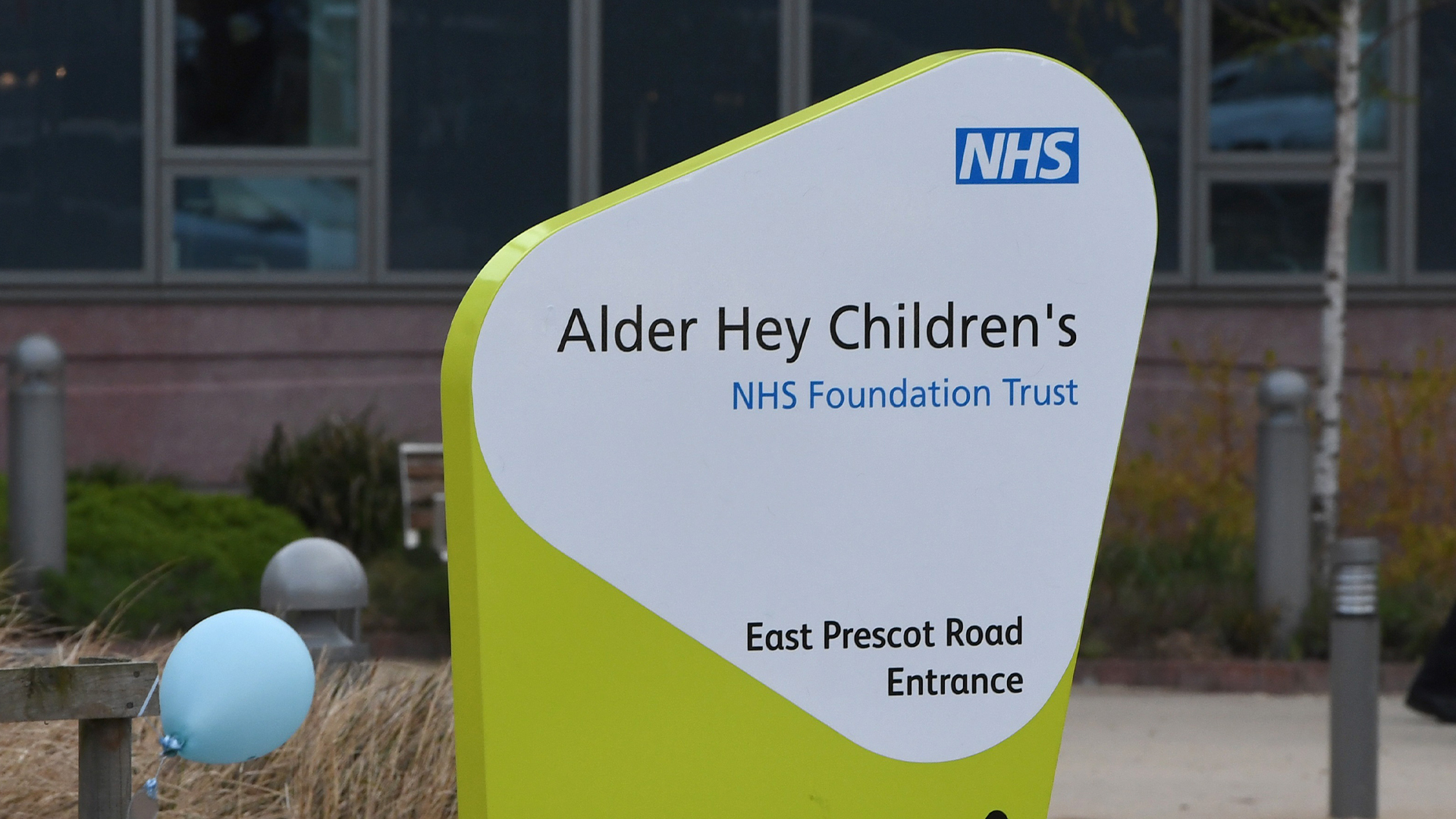 Alder Hey Children’s Hospital confirms hackers gained access to patient data through digital gateway service
Alder Hey Children’s Hospital confirms hackers gained access to patient data through digital gateway serviceNews Europe’s busiest children’s hospital confirmed attackers were able to steal data from a compromised digital gateway service
By Solomon Klappholz
-
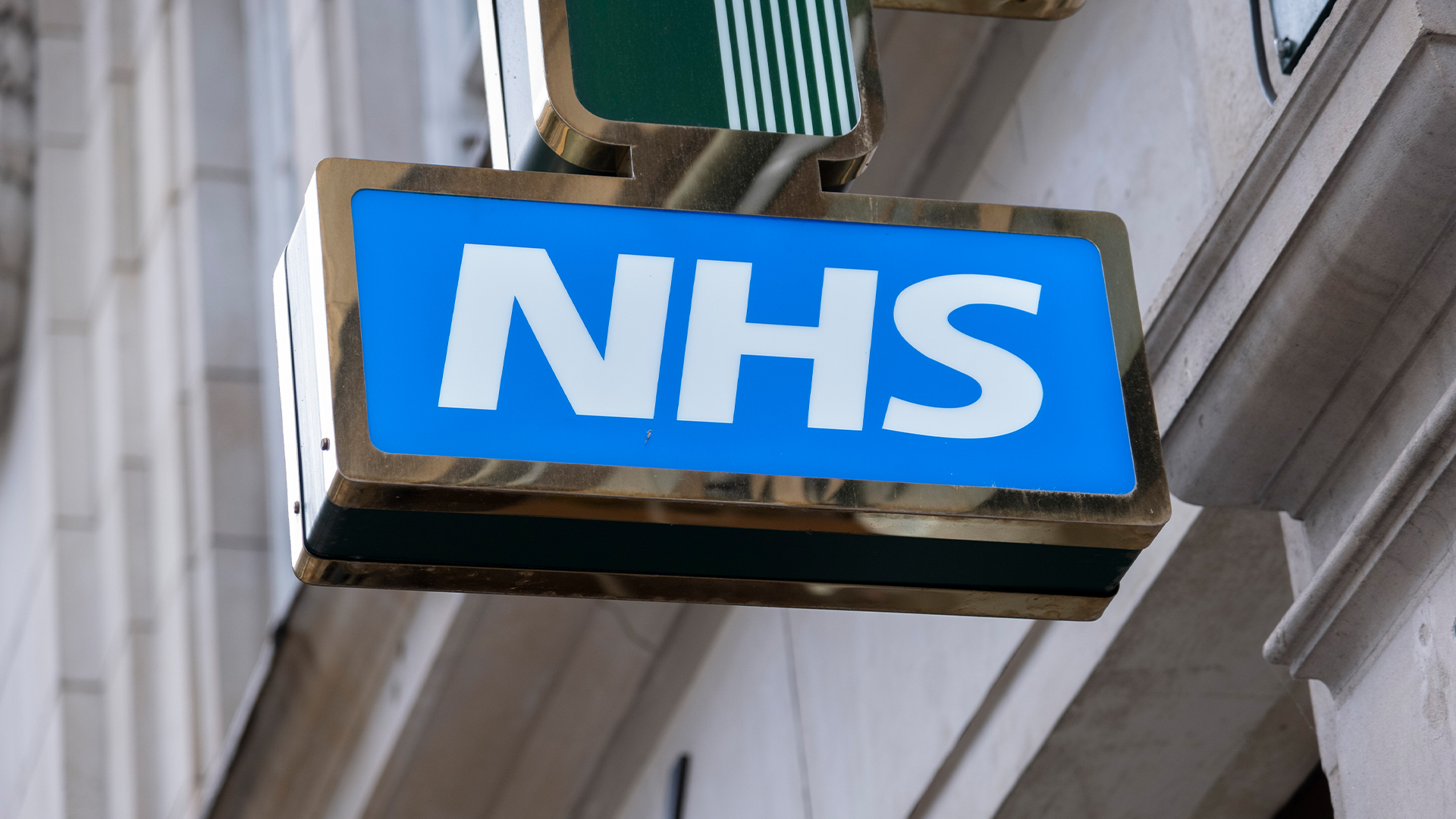 Major incident declared as Merseyside hospitals hit by cyber attack
Major incident declared as Merseyside hospitals hit by cyber attackNews The incident, which has led to cancelled appointments, is just the latest in a series of attacks on healthcare organizations
By Emma Woollacott
-
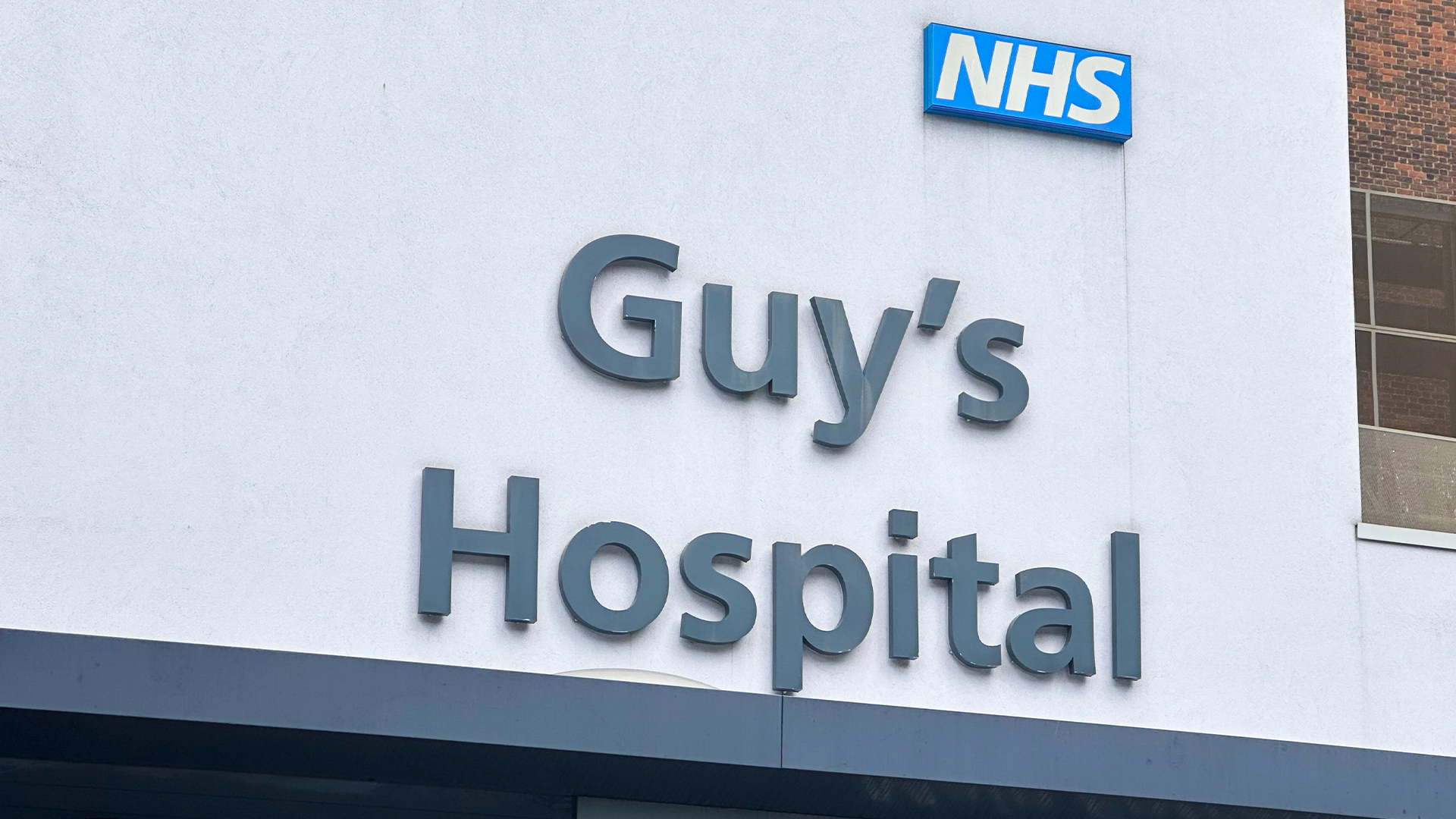 Thousands of procedures canceled at London hospitals as Qilin releases blood test data
Thousands of procedures canceled at London hospitals as Qilin releases blood test dataNews The attack on blood testing company Synnovis continues to affect patients, while the ransomware group follows through with its threats
By Emma Woollacott
-
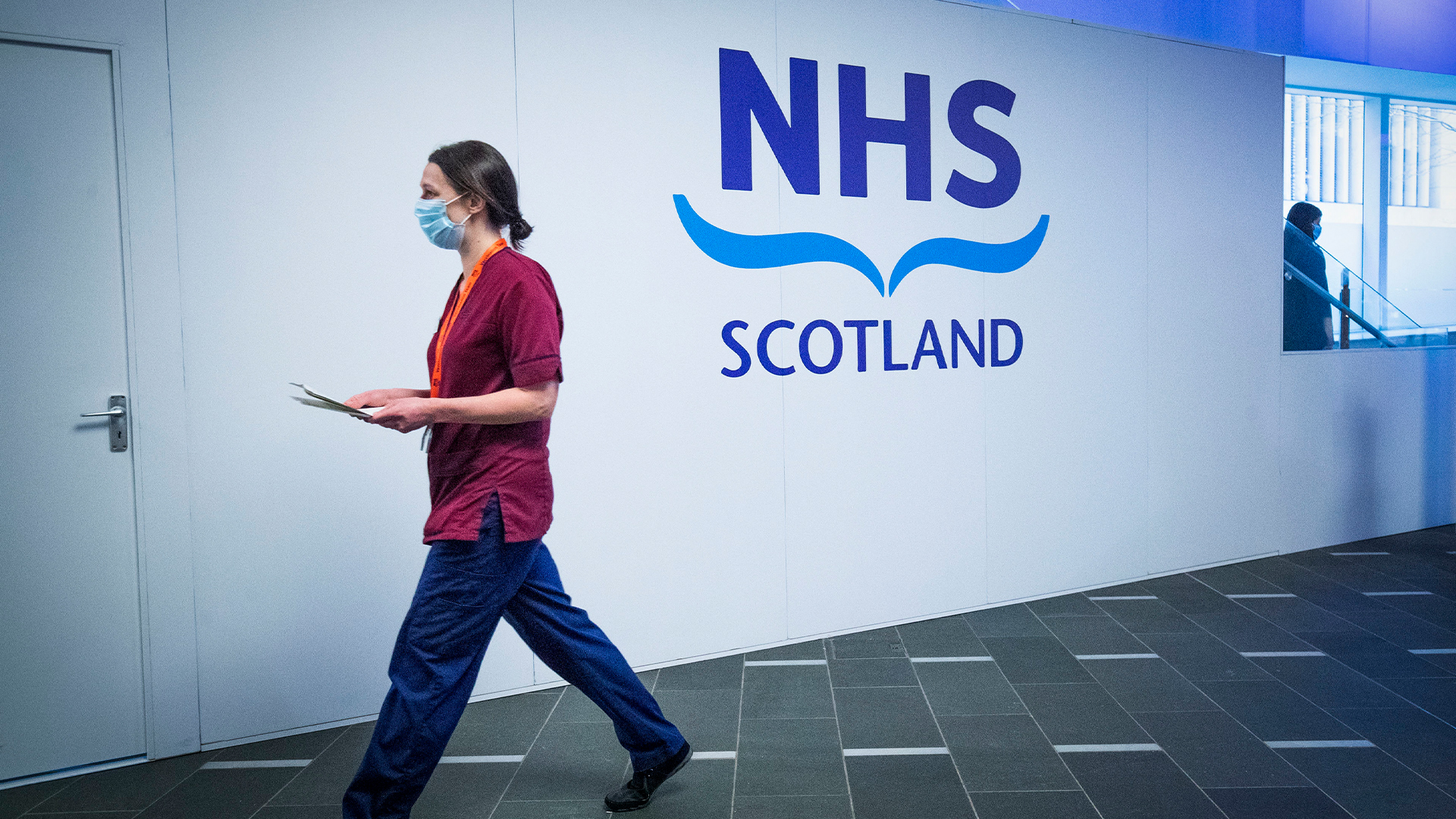 Ransomware group threatens to publish 3TB of stolen NHS Scotland data after posting proof of attack
Ransomware group threatens to publish 3TB of stolen NHS Scotland data after posting proof of attackNews NHS Dumfries and Galloway has confirmed some of the sensitive data stolen during the 15 March attack has been published by a known ransomware operator
By Solomon Klappholz
-
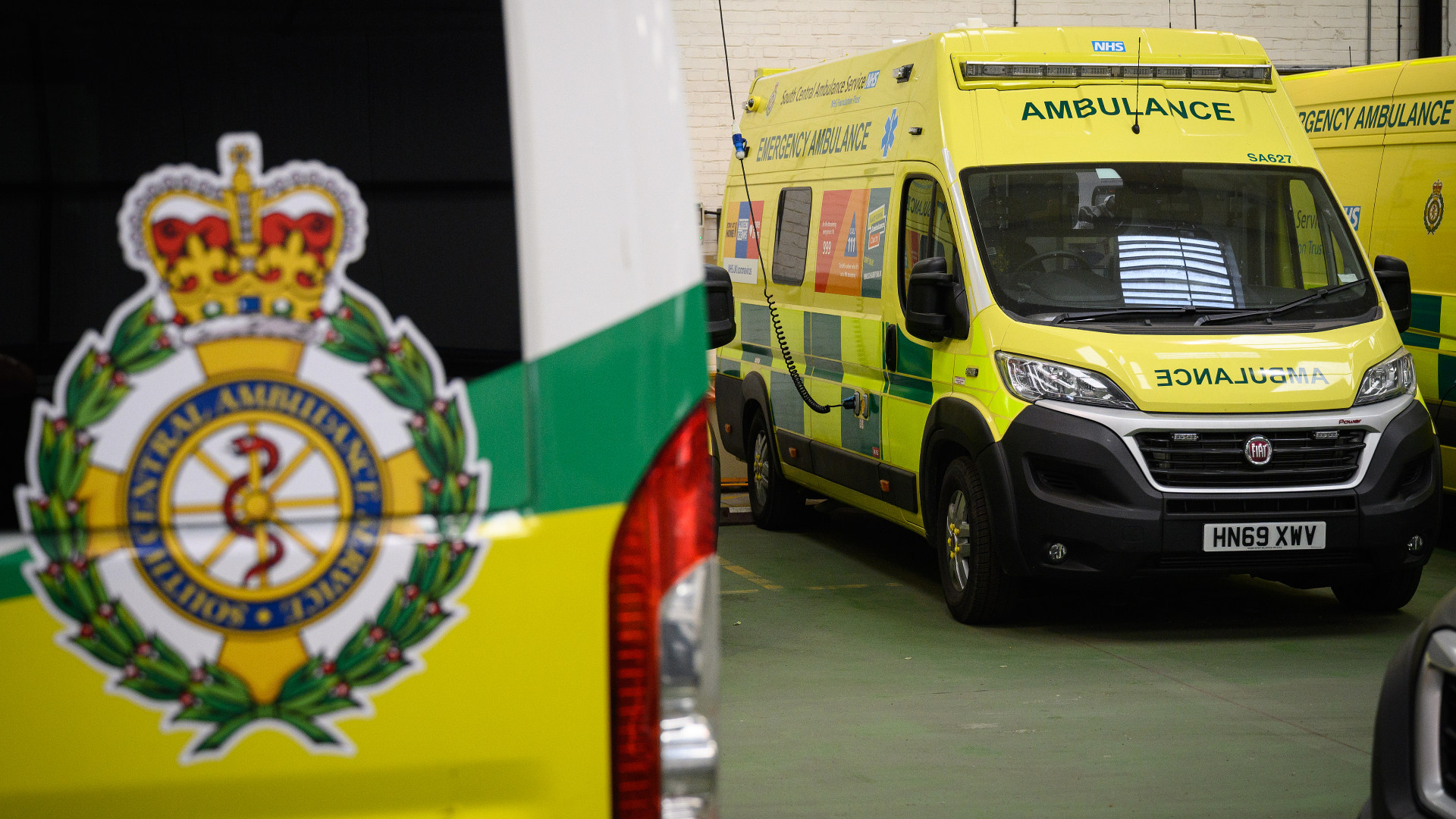 Attack on third-party software vendor disrupts NHS ambulance services
Attack on third-party software vendor disrupts NHS ambulance servicesNews The ambulance services serve more than 10 million people across the south of England
By Ross Kelly
-
 NHS data leak raises ‘serious questions’ about Manchester University cyber attack
NHS data leak raises ‘serious questions’ about Manchester University cyber attackNews NHS patient data used for research purposes is believed to have been compromised in the June attack
By Ross Kelly

